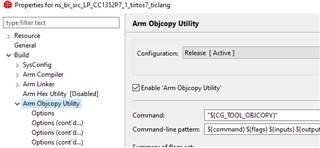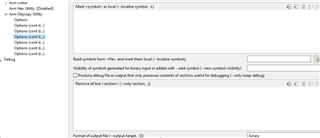Hello all E2E Community Members,
Lately, we have been asked a lot whether ti-wisunfantund would work on the BeaglePlay using its embedded CC1352P7, or not.
The answer is yes, it does work, even from the default Debian image that comes loaded in its eMMC memory. No need to create a bootable SD card.
Here is a quick start guide that describes the process:
- Disable the bcfserial driver, and reboot the BeaglePlay according to the following instructions:

This will allow us to gain access to /dev/ttyS4, which is the UART interface connected to the embedded CC1352P7. - Flash the embedded CC1352P7 with the ns_br example, from the SIMPLELINK-LOWPOWER-F2 SDK:
- Using the TagConnect JTAG connection present on the BeaglePlay.
- Using the cc2538-bsl.py script mentioned in the BeaglePlay documentation. This will flash the chip using its internal bootloader.
- With the BeaglePlay connected to Internet, install libcoap2-bin from apt, to acquire coap-client:
sudo apt install libcoap2-bin
After completing all of the above steps, follow the instructions from https://github.com/TexasInstruments/ti-wisunfantund/blob/release/INSTALL.md, and you should have a working ti-wisunfantund setup!
NOTE: In ti-wisunfantund/ti-wisun-webapp/server/src/AppConstants.js, we recommend changing the default CONSTANTS to the following:
/**
* Program-wide options
*/
const CONSTANTS = {
OUTPUT_DIR_PATH: '/tmp/ti-wisun-webapp/output',
PING_RESULTS_FILE_NAME: 'PingResults.csv',
WFANTUND_PATH: '/usr/local/sbin/wfantund',
BR_FILE_PATH: '/dev/ttyS4',
PROPERTY_UPDATE_INTERVAL: 1000, // in ms
TOPOLOGY_UPDATE_INTERVAL: 10000, // in ms
MANUAL_DEV_MODE: false,
PORT: 81,
HOST: ['192.168.8.1', 'localhost', '192.168.7.2']
};
This will automatically using /dev/ttyS4, and expose the web server on most of the BeaglePlay's network interfaces.




